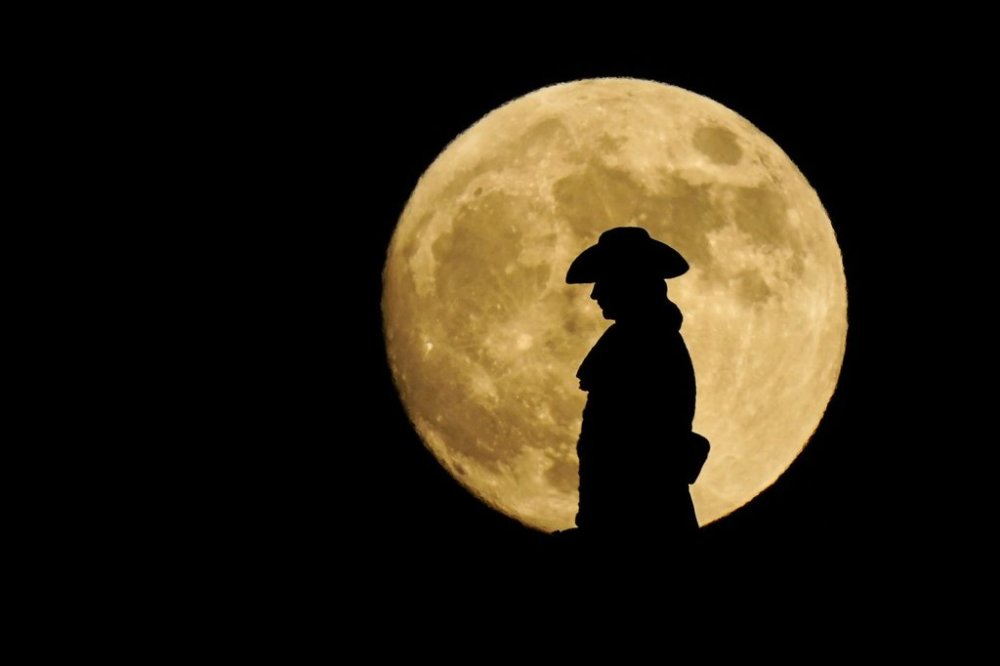Quakers at a glance: A look at the faith’s beliefs and the tradition of activism and silent worship
Advertisement
Read this article for free:
or
Already have an account? Log in here »
To continue reading, please subscribe:
Monthly Digital Subscription
$0 for the first 4 weeks*
- Enjoy unlimited reading on winnipegfreepress.com
- Read the E-Edition, our digital replica newspaper
- Access News Break, our award-winning app
- Play interactive puzzles
*No charge for 4 weeks then price increases to the regular rate of $19.00 plus GST every four weeks. Offer available to new and qualified returning subscribers only. Cancel any time.
Monthly Digital Subscription
$4.75/week*
- Enjoy unlimited reading on winnipegfreepress.com
- Read the E-Edition, our digital replica newspaper
- Access News Break, our award-winning app
- Play interactive puzzles
*Billed as $19 plus GST every four weeks. Cancel any time.
To continue reading, please subscribe:
Add Free Press access to your Brandon Sun subscription for only an additional
$1 for the first 4 weeks*
*Your next subscription payment will increase by $1.00 and you will be charged $16.99 plus GST for four weeks. After four weeks, your payment will increase to $23.99 plus GST every four weeks.
Read unlimited articles for free today:
or
Already have an account? Log in here »
PHILADELPHIA (AP) — Do Quakers quake? Do Quakers eat Quaker Oats? Are Quakers still around today? These are some of the questions that visitors often ask at the Arch Street Meeting House in Old City Philadelphia.
Many visitors don’t know about the Quakers’ faith. But in recent years, attendance has been surging. The Arch Street Meeting House Preservation Trust has used exhibits, technology and social media to help teach others about Quakers and the meeting house that was built in the early 19th century. It is still one of the world’s largest and most important Quaker buildings.
Here’s a look at the faith’s beliefs and history — and some common misconceptions about it.

Quakers began in England
The Religious Society of Friends — best known as the Quakers — originated in 17th-century England. The Christian group was founded by George Fox, an Englishman who objected to Anglican emphasis on ceremony. In the 1640s, he said he heard a voice that led him to develop a personal relationship with Christ, described as the Inner Light. Fox taught that the Inner Light emancipates a person from adherence to any creed, ecclesiastical authority or ritual forms. Brought to court for opposing the established church, Fox tangled with a judge who derided him as a “quaker” in reference to his agitation over religious matters.
Quakers worship in silence and believe in the ‘Inner Light’
Quakers follow values of simplicity and equality and believe that everyone can have a personal connection with God. The basic unit of Quaker organization is the weekly meeting, which corresponds to the congregation in other churches. There are no religious symbols or clergy, and no one sings or chants. Quakers simply gather for silent worship at meeting houses, and wait for a message from God to move through them until they speak. This form of worship focused in stillness has been around for more than 350 years.
Quaker couples officiate their own weddings
Quakers marry in a self-uniting ceremony without an officiant. Couples observe silence that is only broken when they exchange their vows. At the end, guests sign, as witnesses, a marriage certificate.
Quakers have a long history of social activism and pacifism
Historically, Quakers have been involved in peaceful protests to end wars and slavery, and support women’s voting rights in line with their commitment to justice and peace. Earlier this year, Quakers marched from New York City to Washington to demonstrate against the Trump administration’s crackdown on immigrants.
William Penn was a Quaker
Penn was an English Quaker who founded Pennsylvania following the faith’s emphasis on religious tolerance. In the U.S., Quakers became highly influential in cities like Philadelphia and founded colleges in Pennsylvania, including Bryn Mawr, Haverford and Swarthmore. But members of the group also faced scorn for refusing to join wars due to their belief in pacifism and nonviolence. Some were persecuted and even killed for their religious beliefs.
Quakers are still around, and most live in Africa
Today, there are an estimated 400,000 Quakers worldwide. About half live in Africa; most are in Kenya, where in contrast to the silent services, they often use bands and choirs and evangelize.
And finally … Quaker Oats is not Quaker
Quakers say people often confuse them with Amish or Mennonites. Or say they knew about them through Quaker Oats, which is unrelated to the faith. The company uses “a figure of a man in “Quaker garb” with white hair and a tall black hat on its label that the owners picked along with the Quaker name more than 150 years ago “as a symbol of good quality and honest value.”
___
Associated Press religion coverage receives support through the AP’s collaboration with The Conversation US, with funding from Lilly Endowment Inc. The AP is solely responsible for this content.
The Free Press acknowledges the financial support it receives from members of the city’s faith community, which makes our coverage of religion possible.

